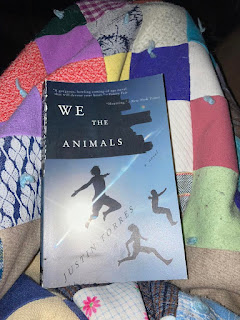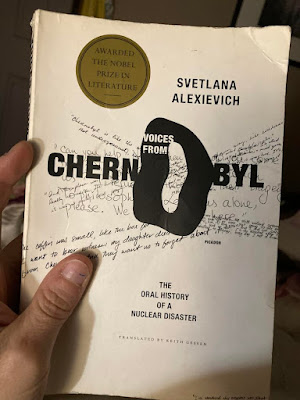While up in the Cabinet Mountains, I thought to read my overdue library book, The Cold Vanish, by Jon Billman. Probably not the most suitable read for an isolated, mountain-surrounded vacation, but exactly like something I would decide to do. If anything, reading this made me more aware of my surroundings and less inclined to go further than I’d told my family I would.
The book covers multiple cases of people who have gone missing in the wilderness, from hikers to runners to children. Mostly due to getting turned around and not having the necessary gear to prevent hypothermia (often because the person wasn’t on a journey to begin with)—though survivalists and amateurs alike disappear.
Woven throughout the book is the main case and narrative of lost biker Jacob Gray whose gear turns up in the Olympic National Park but he does not. The author follows Gray’s father off and on over a year of searching. Gray’s father dives the rivers, hikes hundreds of miles, and crosses into Canada trying to follow any possibility of where his son might be. The author does well showing the intimate side of a father’s hope, grief, and drive as well as acknowledging the boundless energy and financial freedoms that make such a thorough search possible. Randy Gray, Jacob’s father, is the life-force of the book and the ideal person you’d want looking for you.
Over the course of Jacob’s search and the many anecdotal cases of lost (and sometimes found) people, we learn about the bureaucratic red tape that constrains searches due to territory, boundaries, regulations, or money. Who is control of this land but not the land abutting it. Who believes there are enough clues to justify a longer or more intense search. There are volunteer search-and-rescue teams and volunteer dog searchers, but none can help without permission (under threat of permanent ban). Of course, the wealthier the person who disappears and the more funded and popular the land where that happens both influence the amount of public and private funds for the search and the intensity of interest in helping (through GoFundMe or volunteers). In this way, the author touches on the murdered and missing indigenous women and the additional systemic issues in such searches.
Overall, I learned a great deal from this book—from the disconnected system and lack of real numbers of those missing to the unique stories of lost people to the training of cadaver dogs—and am glad I read it. It moves at a good pace and weaves the stories of missing people in the wilderness, and the subsequent searches, in a way that both make sense and help illuminate parts of Jacob’s search (and vice versa). Once you reach chapter four or five, the structure settles in and makes sense and you can surf the momentum for the rest of the book.
In sum, yes, you should probably read it.
🕮
 |
| View of Cabinet Mountains on my walk photo by me |



